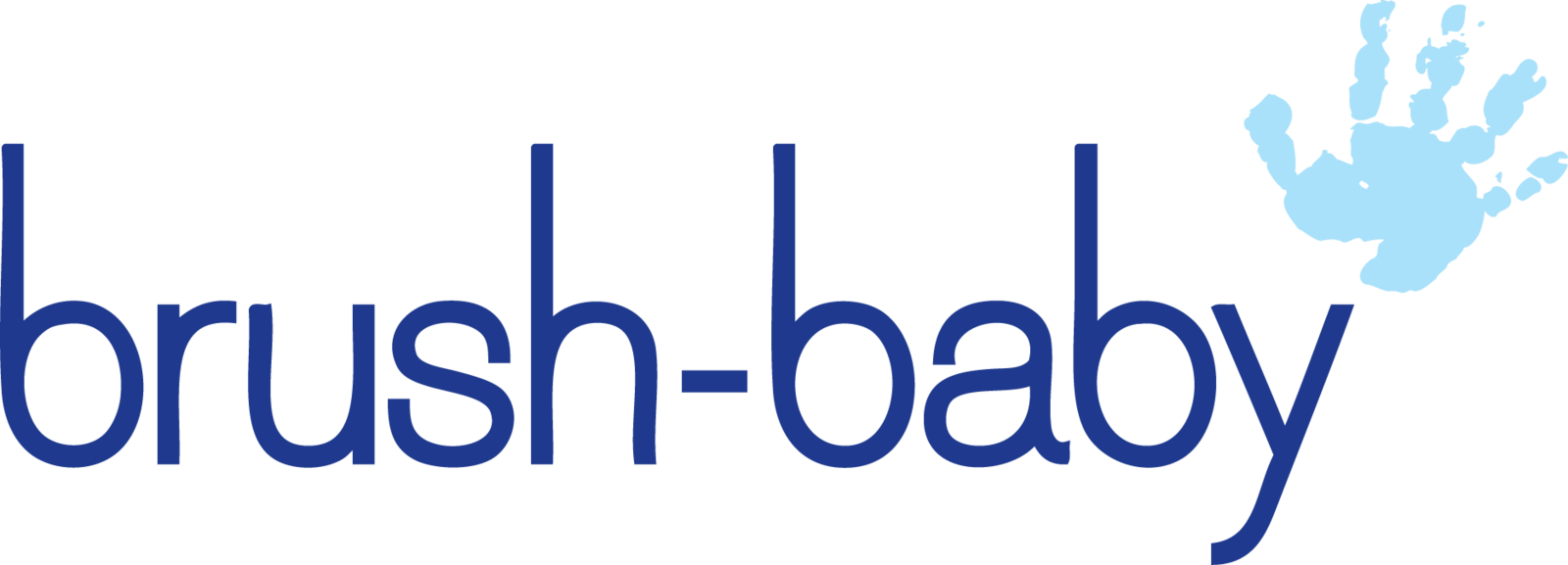The Role of Fluoride in Children's Dental Health: What Parents Need to Know
As parents, we strive to give our little ones the best start in life, from their nutrition to their safety and, quite crucially, to their dental health.
Fluoride, which is found in toothpaste, including kids toothpaste, plays a pivotal role in safeguarding your child's bright smile, yet many might not know the full extent of its importance.
Here, we'll explore the ways fluoride can significantly impact your child's oral health and provide actionable insights for incorporating it into your family's routine.
Why Fluoride Matters
This mineral, found in soil, water (both tap and bottled), and various foods, is like a superhero in the battle against cavities. Here's how it works:
First up, fluoride strengthens tooth enamel - the protective layer that covers your teeth. It even work its magic on early decay. At the first signs of trouble, it can actually reverse the damage by re-mineralizing the enamel and stopping decay in its tracks.
Now, when it comes to choosing oral care products, fluoride is key, especially for the children. We're talking about kids toothpaste and toddler toothpaste with low concentrations, ranging from 1000 ppm to 1450 ppm.
Using these gentler formulas is important because higher concentrations meant for adults could lead to dental fluorosis—a not-so-fun cosmetic issue with the teeth. So, make sure your little ones are brushing with the right stuff, using an age appropriate toothbrush (like this toddler toothbrush), and keeping those smiles healthy and bright!
Product Recommendations and Tips for Parents
We recommend beginning dental care as soon as baby's first tooth emerges. The brush-baby range includes, baby gum wipes, babys first toothbrush, soft-bristled toddler toothbrushes, and kids toothpaste, all optimised for gentle yet effective cleansing.
For parents, the key is to use only a smear or rice-grain-sized amount of infant toothpaste for children under three, and no more than a pea-size of kids toothpaste for those three and older.
Our top tip would be to make brushing an engaging part of your child's day. Sing a brushing song, involve a favourite toy in the process, and, where necessary, utilise our baby gum wipes to cleanse and soothe baby's gums before the first tooth even makes an appearance.
Key Points for Parents
- Understanding Fluoride Levels in Kids Toothpaste - When choosing the right kids toothpaste for your child, pay close attention to the fluoride content. You want the 'just right' scenario — not too little that it's ineffective, not too much that it's unsafe. Look for the ppm (parts per million) number on the packaging and opt for children's toothpaste within the recommended range (infants toothpaste for those younger than one, toddler toothpaste for under 3’s and kids toothpaste for 3 years and above).
- The Journey of Supervised Brushing for Young Children - Supervised brushing is non-negotiable, especially for young children. Toddlers have a tendency to swallow their toddler toothpaste when brushing their teeth, and ingesting too much fluoride can lead to serious health issues, so monitoring them while they brush is essential. Until your child can reliably spit out their kids toothpaste, you should be overseeing the brushing to ensure the right amount is used and that they are not swallowing it.
- Early Introduction to Oral Care Routines - The earlier oral care is introduced, the more natural it becomes for your child. To start off, many dentists recommend that parents clean their baby's gums with a soft, wet cloth or special baby gum wipes. Once their first teeth begin to appear, they should then graduate to a soft-bristled baby brush. Starting good oral care habits from infancy instils the importance of dental hygiene for a lifetime.
- The role of fluoride is important - The role of fluoride in maintaining your child's oral health is not one to be taken lightly. By understanding what it does, what the safe levels are in kid’s toothpaste, and how to incorporate it safely into your child's routine, you're taking proactive steps towards a healthier, happier smile.







